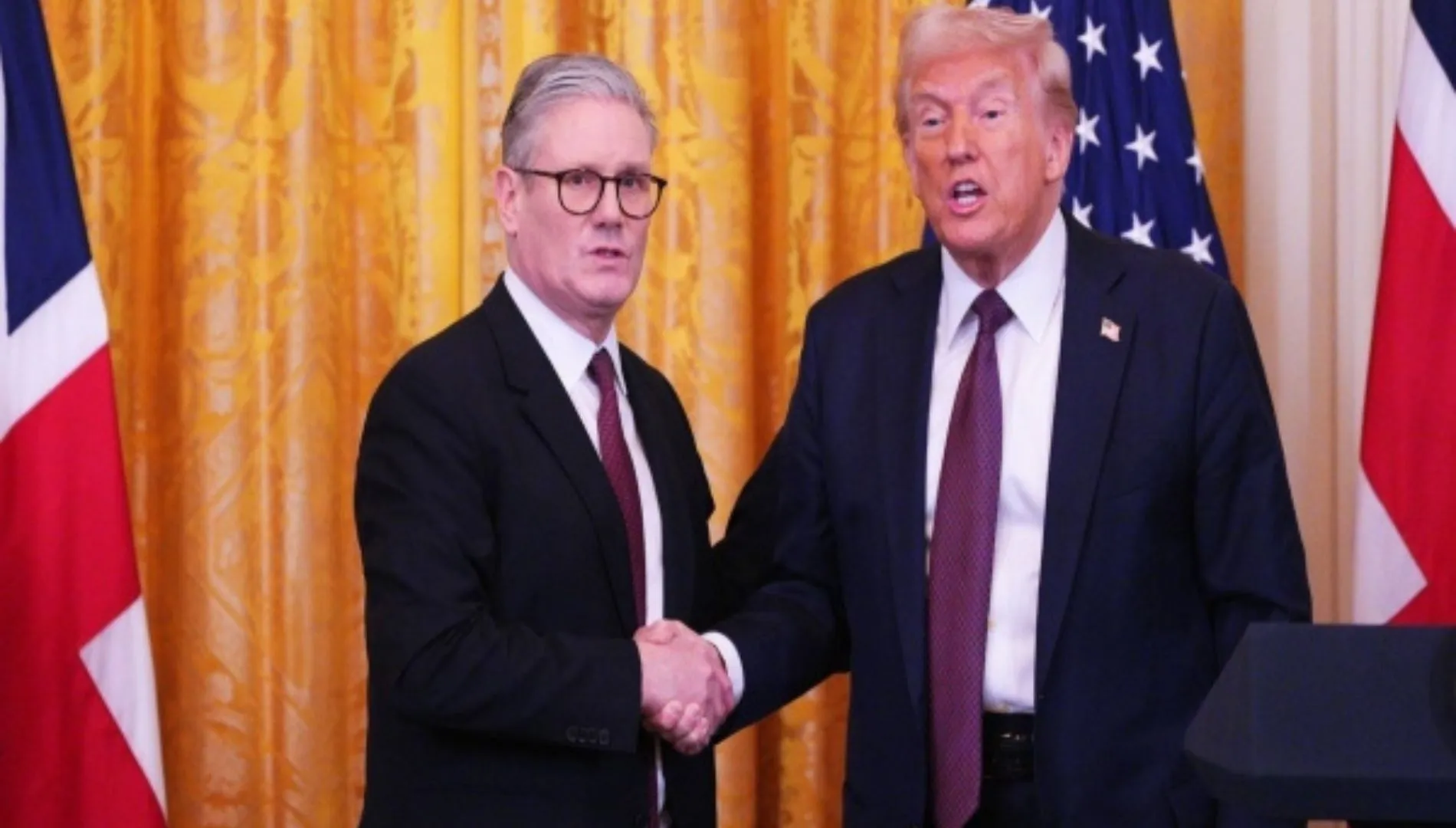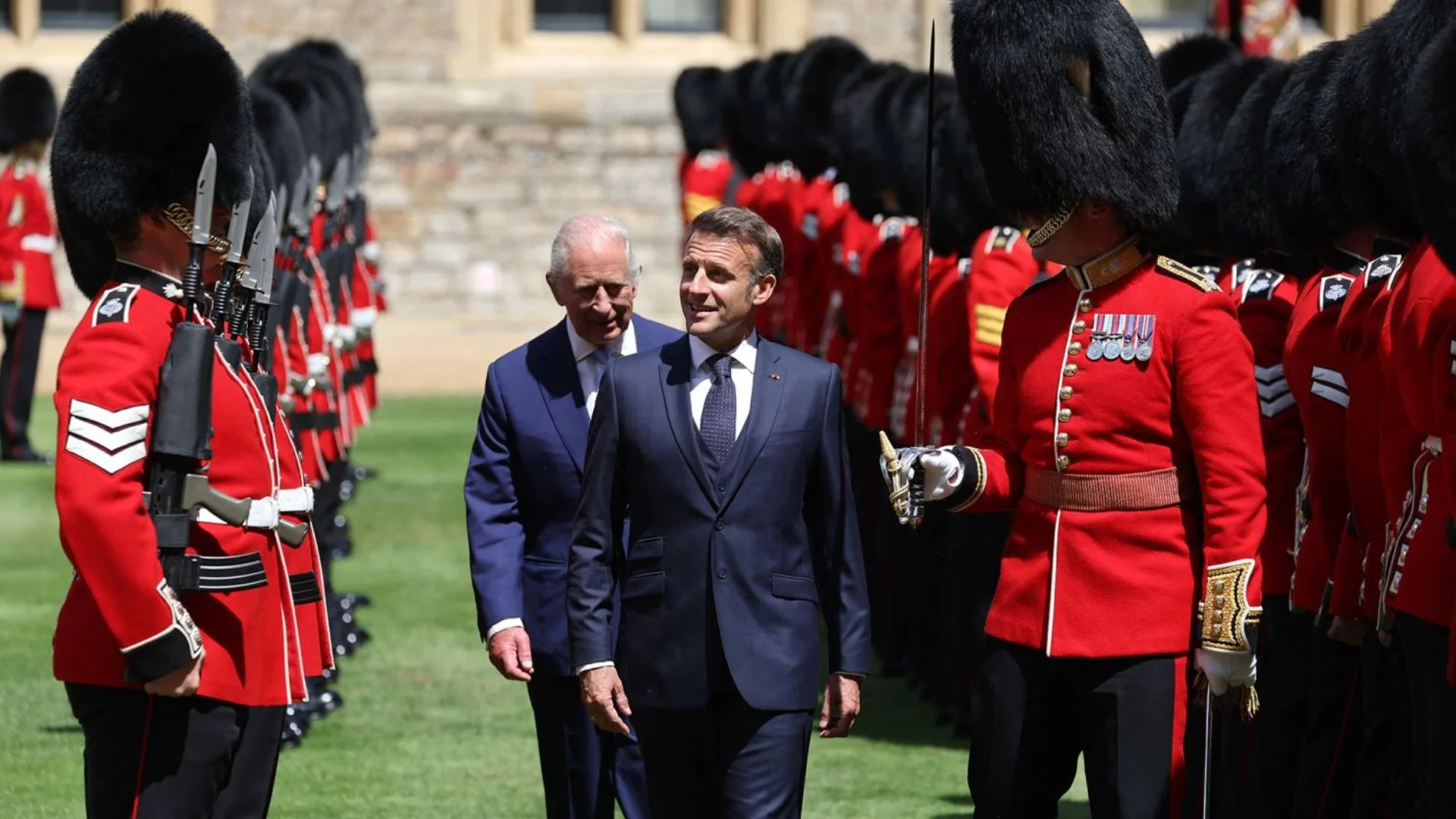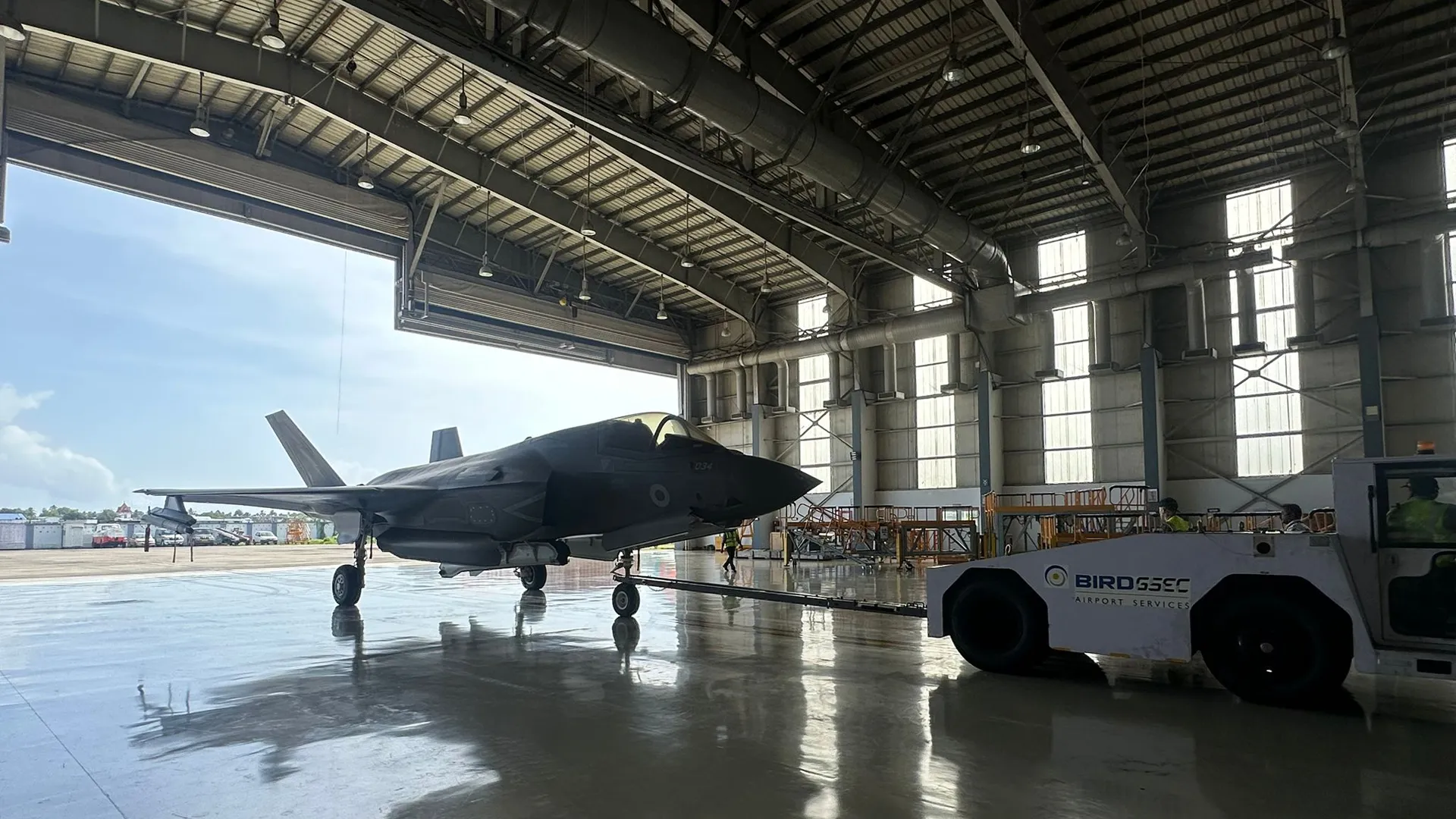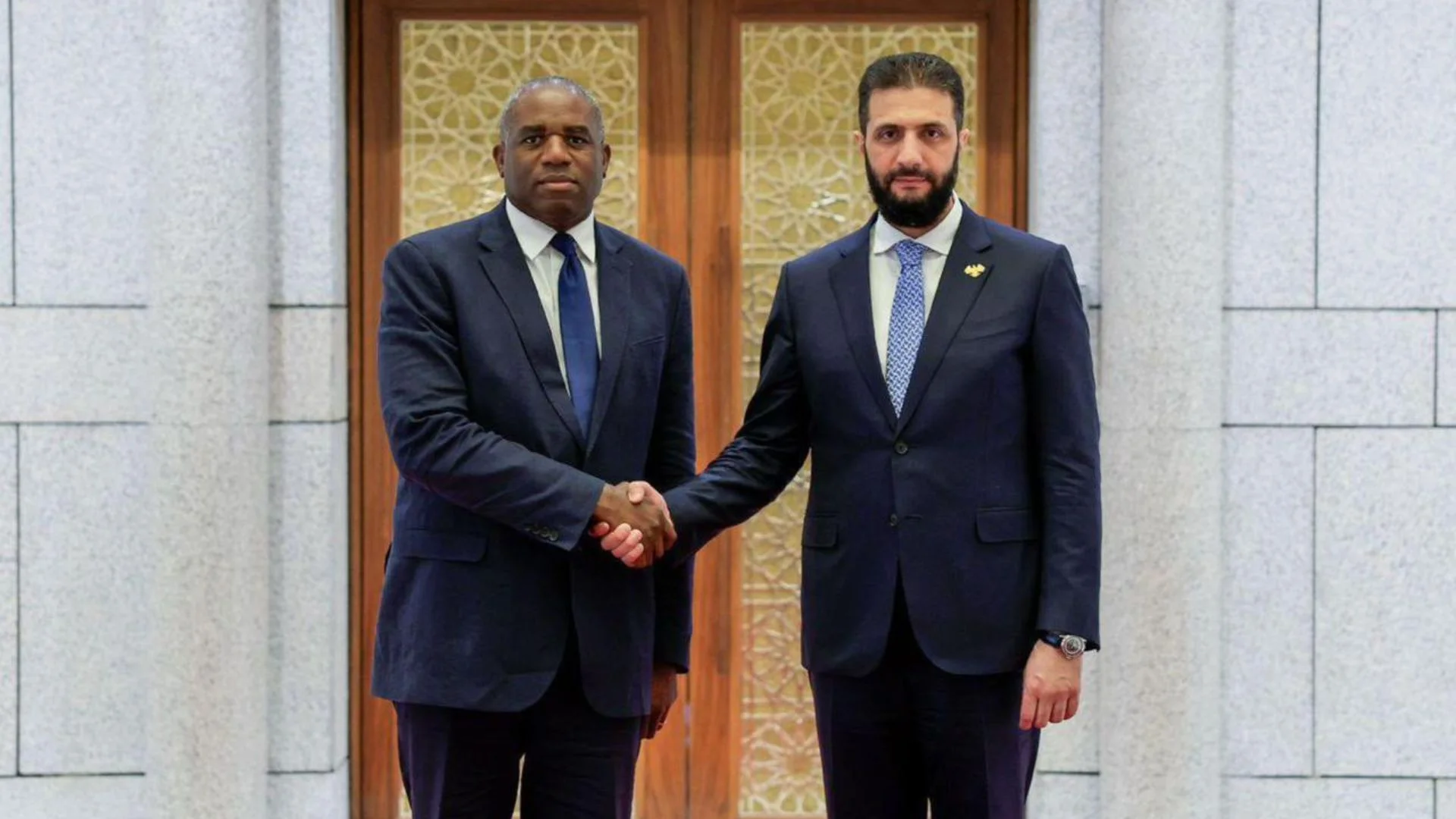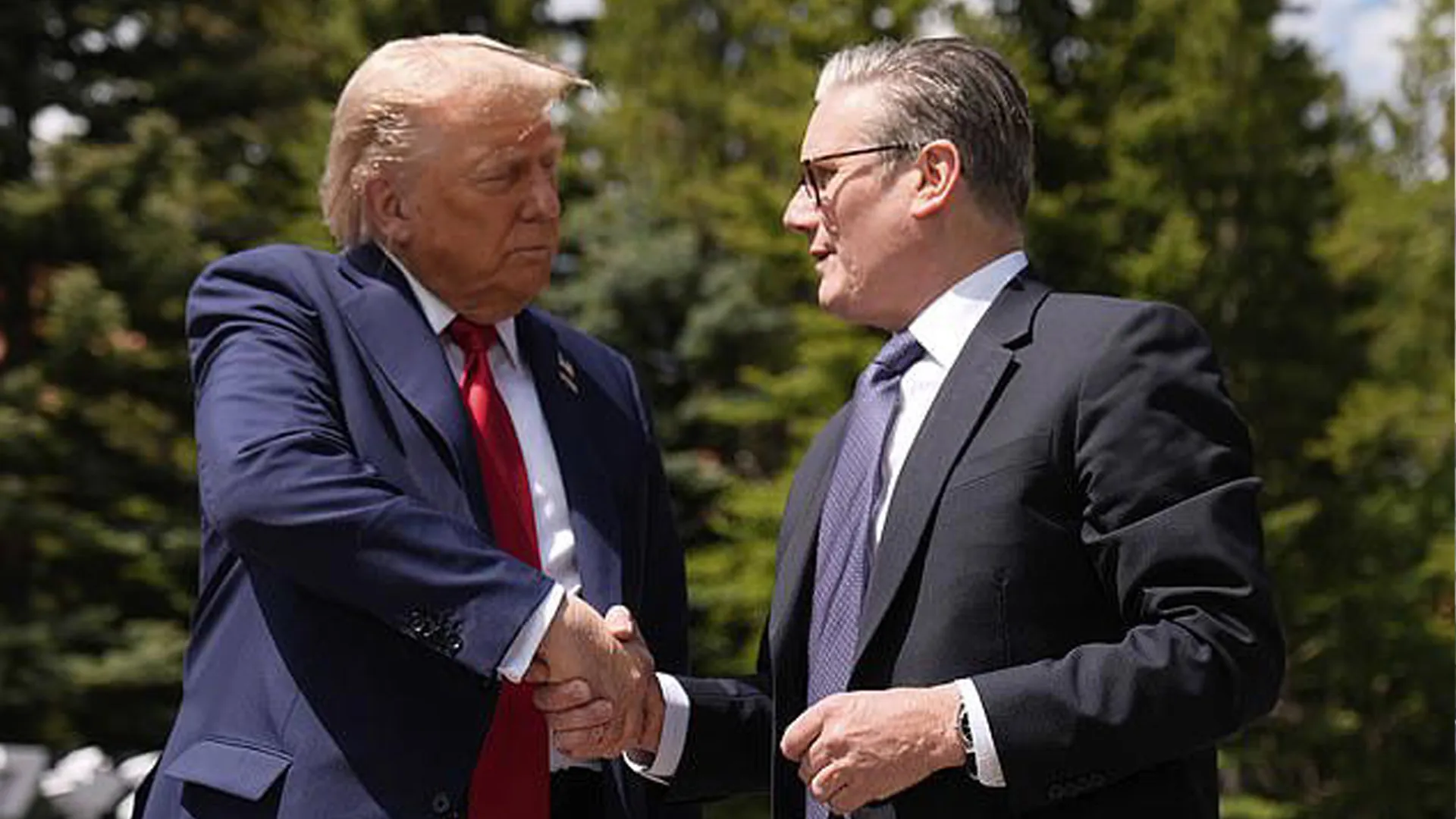Since the US-UK trade agreement went into force, British car and aircraft parts entering the US are now subject to lower tariffs. The deal brings in a new chapter of transatlantic trade and was signed by UK Prime Minister Keir Starmer and US President Donald Trump.
The UK government confirmed the changes on Monday and said the move would boost British exports to the American market.
Tariffs Cut On Key Exports
The US-UK trade deal now lets British car makers export vehicles to the United States with a reduced 10% tariff, down from the earlier 27.5% rate. This lower tariff makes British cars more competitive in the US market. The deal also removes the 10% tax on aircraft engines and parts. UK firms have already started saving money on exports since these changes, which officials announced in June, have now fully taken effect.
This marks a big win for Britain’s car and aerospace industries, but some trade issues remain. Steel and aluminium tariffs still pose a challenge. If the UK and US don’t reach a new agreement soon, British steelmakers could face higher tariffs starting July 9. Officials are still negotiating, but they haven’t made a final deal yet.
US-UK Trade Deal Deadline
The US-UK trade deal brought big changes for car and plane parts, but tariffs on steel and aluminium still need attention. Earlier this month, the U.S. placed tariffs of up to 50% on steel and aluminium from several countries. Britain avoided those duties for now, but could face similar tariffs soon if no deal is signed before the July deadline.
The UK government said it was working to avoid these extra costs. “… we will continue to go further and make progress towards 0% tariffs on core steel products as agreed,” the official statement said. Officials hope to reach a full deal that protects key UK industries while continuing the positive momentum of the current trade agreement.

